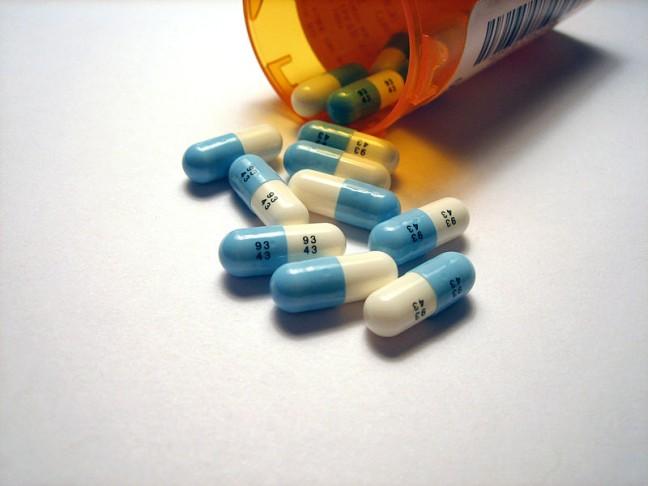In 1961, the Congress deemed the third week of March as Poison Prevention week, but drug poisoning is currently the leading cause of injury death in the U.S., according to the Center for Disease Control.
In a statement, President Donald Trump declared March 18 to March 24 a week to “warn all Americans about unintended exposure to poisons, so that we can reduce risks and prevent injuries and lost lives.”
According to CDC data, 2016 was the worst year for drug poisoning deaths, but 2017 is even worse.
More than 63,600 people died from drug overdoses in 2016, an increase of more than 10,000 deaths from 2015. Deaths from synthetic opioids – like fentanyl – and other opiates – like heroin and prescribed painkillers – contributed two-thirds of these overdose deaths.
Health Education Specialist for Public Health Madison and Dane County Sarah Johnson said in statement that 21 million opioid pills are dispensed each year to Dane County residents. To ensure these potentially fatal medications don’t fall into the hands of children or teens, PHMDC recommended unneeded and expired drugs be dispensed at “take-back events” and at MedDrop locations instead of being flushed down the toilet or thrown away.
“So that kids of any age don’t intentionally or unintentionally get access to opioids, it’s really important that we keep them under lock and key, rather than in the medicine cabinet. What’s equally important is that if we have pills that we’re no longer taking, that we dispose of them safely,” Johnson said.
Trump said in his statement that his administration has led similar “take-back day” events such as an event in October, which collected 456 tons of unneeded prescription medications.
On the heels of advocating for the death penalty for drug dealers selling opioids, Trump also vowed to include $3 billion in new funding to “combat the opioid epidemic,” but no further details were given.
“Accidental poisoning due to drug overdose has taken immense tolls on families all across the country, and synthetic opioids continue to push the death count higher,” Trump said. “In 2016 alone, we lost 116 people per day from opioid‑related drug overdoses.”
On Tuesday, the Wisconsin State Senate passed a bill addressing the opioid epidemic in Wisconsin, which killed 827 people in 2016, according to Wisconsin Department of Health Services data.
The bill, which Sen. Leah Vukmir, R– Brookfield, authored, would:
- Provide grants to local law enforcement agencies to combat drug trafficking, and additional grants to expand access to family and juvenile drug treatment court.
- Creates positions within the Department of Justice to prosecute drug traffickers.
- Appropriates federal funds for substance abuse prevention programs for at-risk youth.
- Provides non narcotic drug treatment to inmates prior to their release from county jails.
Vukmir said the bill would give law enforcement the tools to stop the distribution of opioids and help those already battling addiction.
“This serious epidemic has caused the senseless death of too many Wisconsinites,” Vukmir said. “As a mom and nurse, I want to provide those struggling with addiction the resources they need.”


